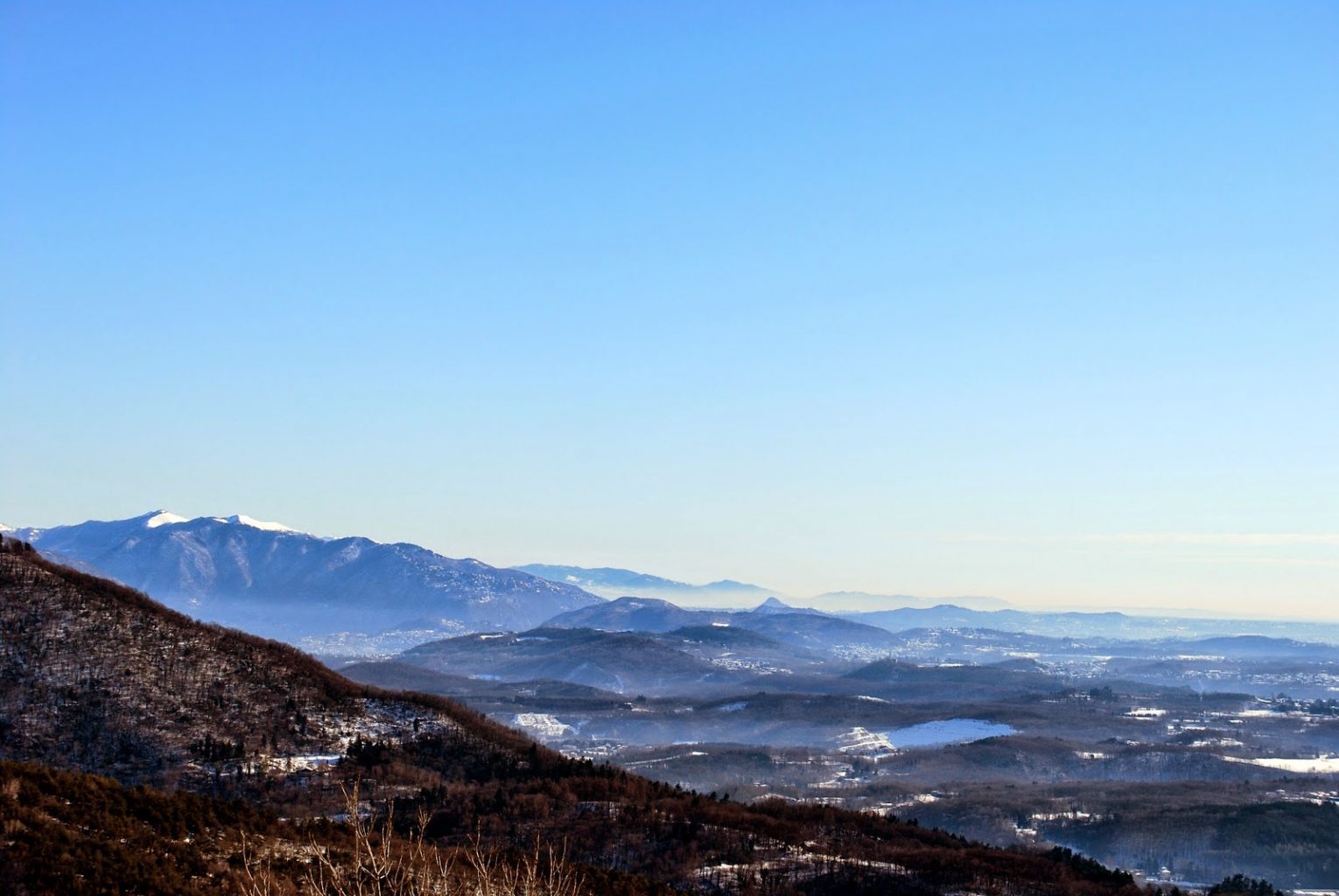Reading W.B. Yeats’s “An Irish Airman Foresees His Death” as a Meditation on Life
Today I’m sharing with you something that’s a little different. I’ve just started a university module on Modern Irish Literature, and this week’s focus is on W.B. Yeats. While I was tempted to write a little about “The Lake Isle of Innisfree” to help us to envisage relaxing settings, I decided to embrace the unpredictable and contemplate another poem that caught my eye.
An Irish Airman Foresees His Death (1919)
I know that I shall meet my fate,
Somewhere among the clouds above;
Those that I fight I do not hate,
Those that I guard I do not love;
My country is Kiltartan Cross,
My countrymen Kiltartan’s poor,
No likely end could bring them loss
Or leave them happier than before.
Nor law, nor duty bade me fight,
Nor public men, nor cheering crowds,
A lonely impulse of delight
Drove to this tumult in the clouds;
I balanced all, brought all to mind,
The years to come seemed waste of breath,
A waste of breath the years behind
In balance with this life, this death.
A gloomy or calming poem?
Considering 2014’s centenary while reading Yeats
Let’s look up at the sky
“Behind all seen things lies something vaster; everything is but a path, a portal or a window opening on something other than itself. ”
Like more of the same? Subscribe to the Tolstoy Therapy Newsletter and receive a round-up of the week’s articles every Sunday to enjoy with your coffee. Click here to subscribe or take a look at an example copy here.
Enjoy more from me
- Retreat into my new book, Your Life in Bloom: Finding Your Path and Your Courage, Grounded in the Wisdom of Nature.
- I'm also the author of Mountain Song: A Journey to Finding Quiet in the Swiss Alps, a book about my time living alone by the mountains.
- If you love books, are feeling a little lost right now, and would love some gentle comfort and guidance, join The Sanctuary, my seven-day course to rebalance your life.

